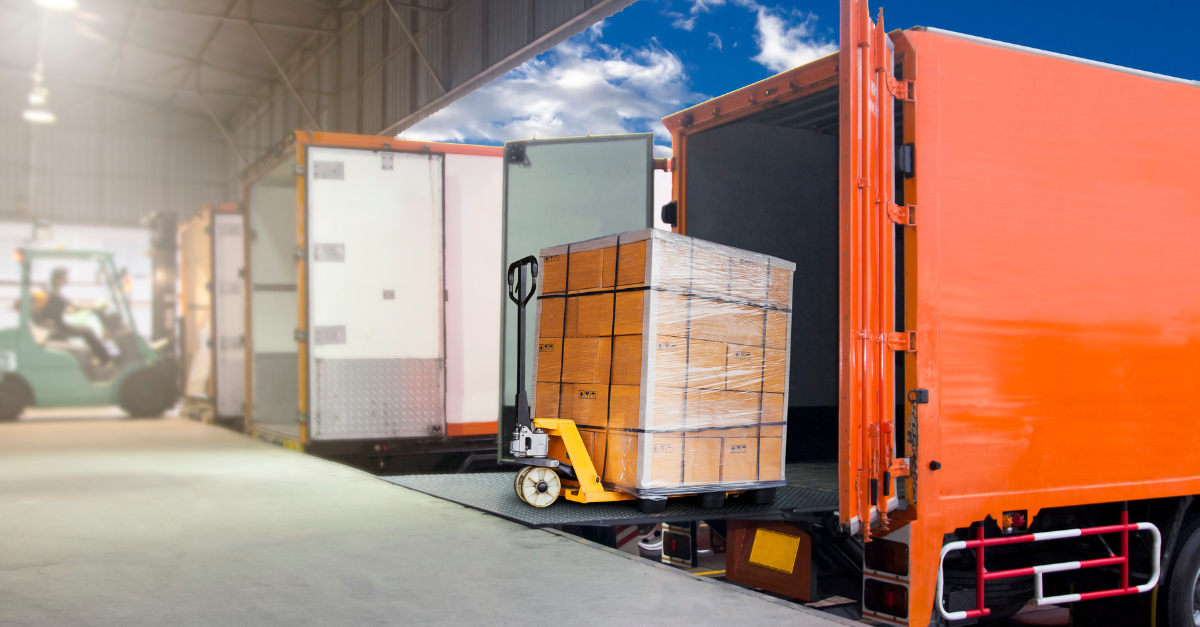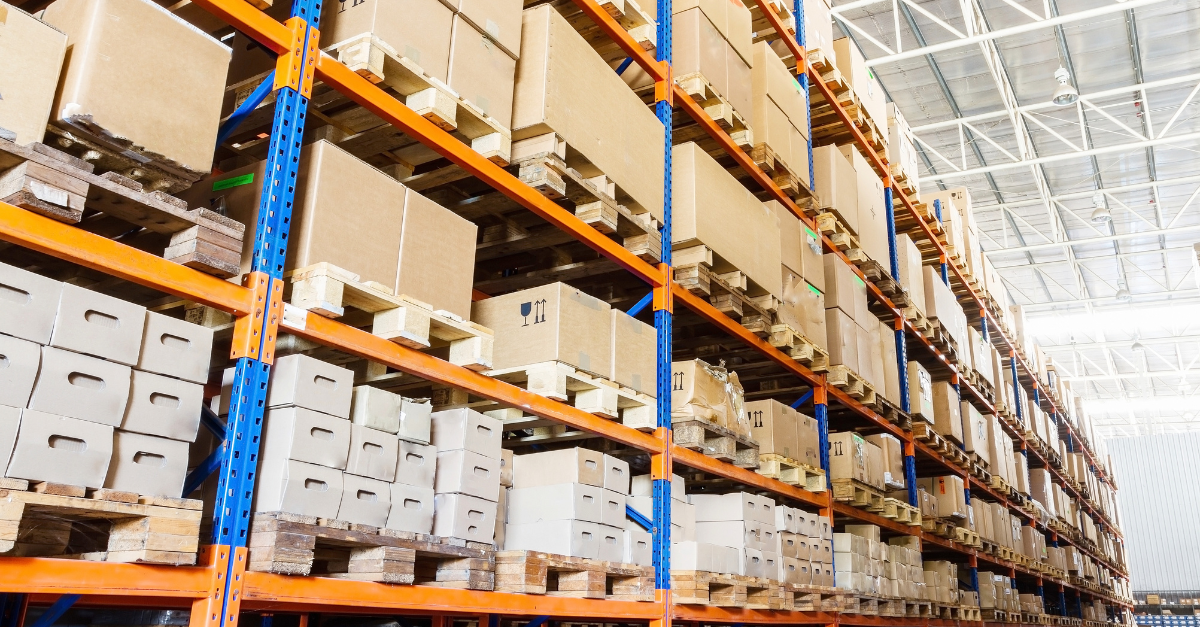The concept of fiscal representation may sound intricate, but it is essential for international freight forwarders who wish to export goods to the EU. In this blog post, we’ll explain what fiscal representation is, its significance in the process of exporting to the EU, and how customs bonded warehouses help freight forwarders comply with the requirement.
What is Fiscal Representation?
When goods are imported into the EU from non-EU countries, the sellers or the importers are required to comply with various tax regulations. This is where fiscal representation enters the picture. Fiscal representation is the obligation for non-EU entities to designate a representative in the EU to act as a liaison for tax purposes.
The fiscal representative is responsible for fulfilling the VAT liability on the imported goods to the EU. The representative buys the goods on behalf of the non-EU entities, takes care of VAT payments, and files VAT returns. In a nutshell, the fiscal representative is held liable for VAT in place of the non-EU entities.

Why is Fiscal Representation Important?
Exporting to the EU requires careful consideration of various regulatory requirements. Additionally, fiscal representation poses a significant challenge to international freight forwarders. Failure to comply with fiscal representation regulations may result in penalties, fines, and even seizure of import goods. Additionally, it could lead to disruption in regular business operations as the freight forwarder attempts to comply with compliance requirements.
Therefore, maintaining compliance with fiscal representation regulations is vital for supply chain efficiency and ensures that international freight forwarders can export safely and securely to the EU without any legal or financial pitfalls. Working with a fiscal representative can provide a freight forwarder with the necessary compliance support to enable them to export to the EU with confidence.
Bonded Warehouses and Fiscal Representation
One efficient way to comply with fiscal representation when exporting to the EU is through the use of customs bonded warehouses. Customs bonded warehouses are authorized facilities where imported goods can be safely and securely stored without paying import duties and taxes.
Goods can be stored indefinitely, auctioned, repaired, transformed, or re-exported to other countries without entering the local market. This makes it an ideal solution for international freight forwarders who plan to store items before exporting them to the EU for faster delivery.

Financial Benefit
Furthermore, using a customs bonded warehouse allows freight forwarders to defer the payment of duties and taxes until the goods are sold and dispatched. Hence, it provides an enormous cash flow benefit for the store proprietor as they can defer payment of taxes.
Partnering
By partnering with a fiscal representative and using customs bonded warehouses, international freight forwarders can take a proactive and efficient approach in complying with fiscal representation regulations and avoiding penalties and fines from tax authorities. This enables them to seamlessly transport goods to the EU with minimal risks and penalties.
Restricted Goods
In addition, the use of customs bonded warehouses is also helpful for storing restricted goods such as alcoholic beverages, tobacco products, and certain pharmaceuticals that require special handling. With the help of the fiscal representative and customs bonded warehouses, the freight forwarders must obtain a VAT number and customs bond to manage duty-free storage and payment of duty in EU member states.
Long-term Storage
Customs bonded warehouses also permit long-term storage for goods that have a low turnover rate, providing international freight forwarders with an additional storage option, saving on storage costs, and freeing up space in the local warehouse.

Using forwarder networks to find partners
To navigate the challenges of international shipping and ensure efficient export delivery to the EU, fiscal representation must be thoroughly understood and integrated into freight forwarding operations. Partnering with a fiscal representative and utilizing customs bonded warehouses to comply with fiscal representation requirements is a smart way for international freight forwarders to mitigate any associated risks, streamline their operations, and ensure faster and safer deliveries to the EU.
To find the right partners in the European Union to trust with your shipments, it is advised to become a member of a European based forwarder network such as 7ConNetwork. Within the forwarder network, you can find an expert in fiscal representation and bonded warehouses so that you can be sure your business is in good, reliable hands.